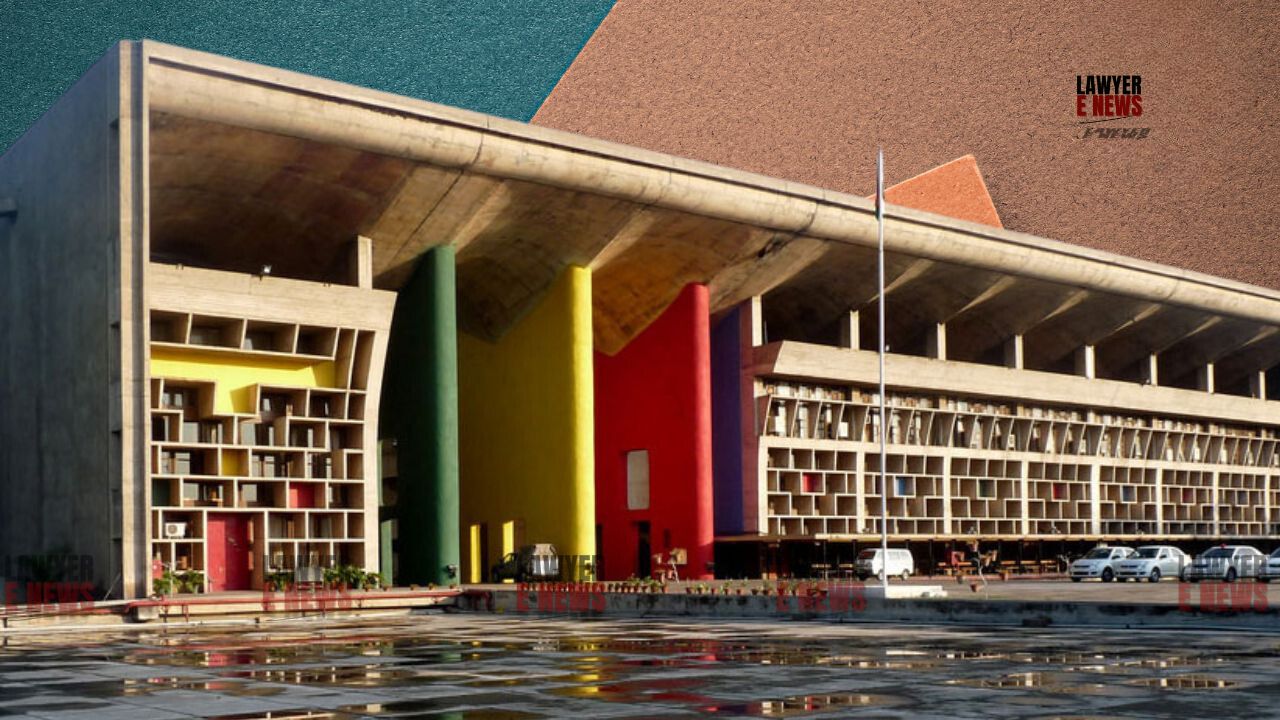-
by Admin
15 February 2026 5:01 PM



Punjab and Haryana High Court has upheld the concurrent decisions of the Trial Court and the First Appellate Court, confirming that a disputed passage in Palwal is a common passage and not the private property of the appellant. The ruling, delivered by Justice Alka Sarin on August 21, 2024, dismissed the appeal filed by Harender Pal Singh, who claimed ownership of the passage, and reaffirmed the rights of the respondents to use the passage as a common thoroughfare.
The case revolves around a passage situated near Railway Road, Palwal, which was claimed as private property by the appellant, Harender Pal Singh. The plaintiff-respondents, who own property adjoining the passage, filed a suit for mandatory and permanent injunction, asserting that the passage is common and has been used as such by them and others. The dispute dates back to a civil suit decided in 1983, which had already declared the passage to be common. Despite this, the appellant constructed a wall blocking access to the passage, prompting the current litigation.
Previous Litigation and Common Passage Status: The court noted that the previous judgment from 1983, although not binding on the current parties, held significant persuasive value as it addressed the public nature of the disputed passage. The High Court pointed out that the earlier decision established the passage as common, which the appellant failed to refute with credible evidence.
Ownership Claims by Appellant: The appellant's claim that the passage was private property was thoroughly examined and found unsubstantiated. The court remarked that the appellant could not provide any convincing evidence to overturn the established status of the passage as common property. The sale deeds and other documents presented did not support the appellant's claim of exclusive ownership.
Rights of the Respondents: The High Court affirmed that the respondents had the right to open doors and windows onto the common passage, as determined by the previous courts. The Trial Court had already concluded that the passage was not the appellant's private property and that the respondents could freely use it as a common passage.
High Court's decision emphasized the importance of consistent findings from multiple courts. It reinforced the principle that established rights over common property cannot be unilaterally altered by one party without substantial evidence. The court held that the appellant's failure to provide reliable evidence to support his ownership claim meant that the earlier rulings should stand.
Justice Alka Sarin observed, "The findings recorded by both the Courts are unimpeachable. The passage in question, having been previously declared as common, cannot be claimed as private property without substantial and convincing evidence to the contrary."
The dismissal of the appeal by the High Court solidifies the legal standing that the disputed passage is a common passage and not the private property of the appellant. This judgment reaffirms the respondents' rights and underscores the judicial commitment to upholding prior determinations regarding common property. The decision serves as a significant precedent in disputes over common passages and shared property rights.
Date of Decision: August 21, 2024
Harender Pal Singh vs. Siri Chand & Another
